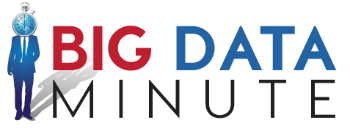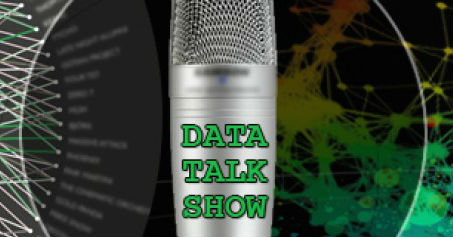Doesn’t it frustrate you when you buy an airline ticket to go home for the holidays, only to find out that your younger brother, King of procrastination bought his plane ticket a day before your flight departed (4 months after you), and he ended up paying less?
It is this very reason that Farecast was created in 2003. They understood that because of the internet, fixed pricing was a thing of the past; but now prices are so volatile that there’s almost no way to decide when it will be cheapest. Farecast solved this problem, establishing the motto “Know When to Buy.”
So how much data needs to be mined in order to predict when fares will be cheapest? According to the interview in this video, hundreds of billions of price observations that have been gathered over more than 8 years. This data is crunched to find patterns; both short and long term. Should I buy on Monday? Should I buy in the Spring?
These data predictions are about 70-80% accurate (this is more accurate than the weatherman!). This is the case because they gather more than just historical data. They gather unstructured data on rumors, gossip, blogs, PR announcements and more to come up with more accurate predictions.
This same principle can be taken into pretty much any industry, just as big data analytics can help businesses in just about any industry.








Recent Comments